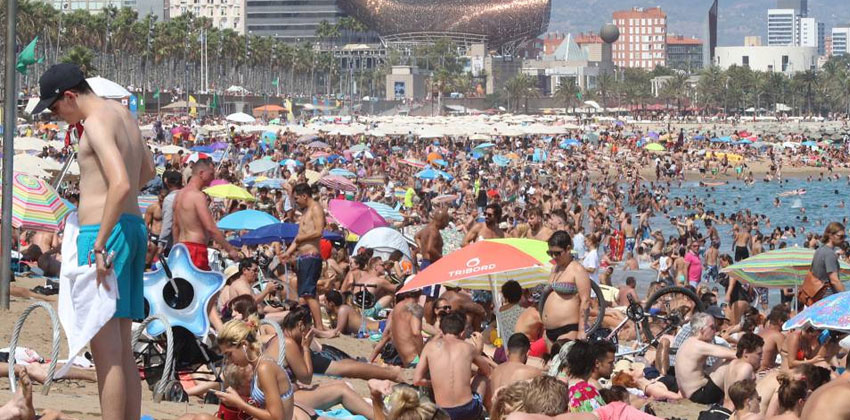Tourism industry excels construction industry in Spain

Tourism has excelled the construction industry in Spain in terms of employment generation. As per a recent survey by the Spanish Institute of Tourism, 2.65 million people are engaged in different sectors of tourism, which represent around 13.7 percentage of the total population of the nation, meanwhile construction sector account for around 13.1 per cent.
The demand for workers in the tourism sector has been steadily rising year by year. According to the survey, more than 2.2 million people were employed in tourism in the second during 2014, which has increased to 2.6 million now, depicting a hike of nearly 20 per cent. The tourism boom has in turn boosted the service sector to its highest level in the history, with 75.5 per cent of Spain’s working population employed in a service-related industry.
Though tourism has overtaken the construction industry in terms of employment generation, the remuneration package of the construction industry is still dominant. As per a study, the average annual salary of a construction worker in 2008 was €20,706.7 when compared to the €14,000 received by an average hospitality worker.
Salaries in the hospitality industry show an increase of 1.2 per cent in 2016, while the construction industry showed a 7 per cent hike in the salaries of the employees. Hospitality employees were paid an average of €9.32 an hour in the first quarter of 2018, while construction workers received €11.73 an hour.
One of major shortfalls of the tourism industry is its seasonal nature. Between April and May, 35.2 per cent of all salaried workers in the industry were on a limited term contract, which is 9.6 per cent more than the average worker in the service industry and almost 8.5 per cent more than the average worker across all industries in the Spanish labor market.
Though tourism is becoming more dominant in the employment sector, its seasonality and low rate of remuneration may make it unattractive in due course.





